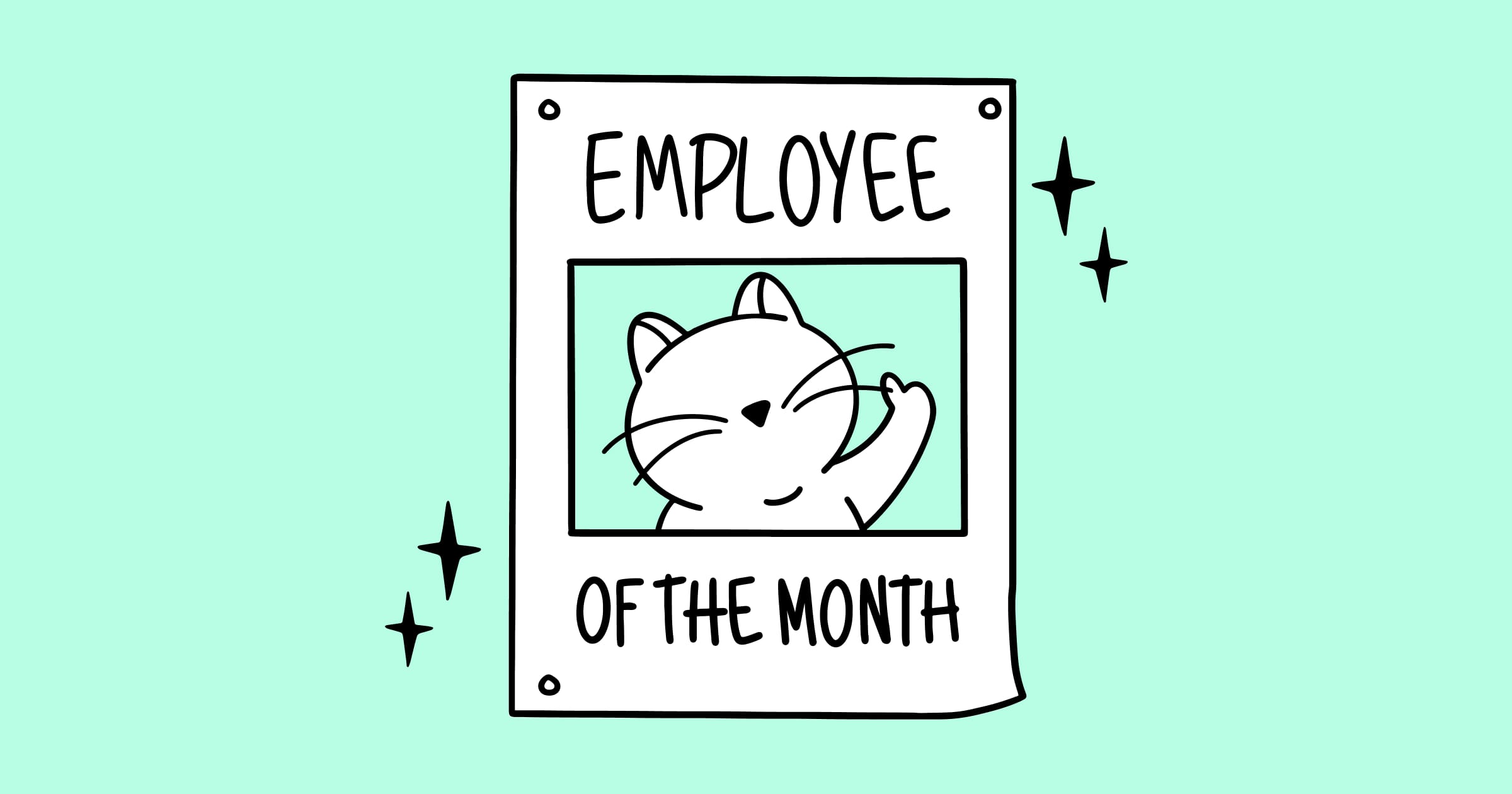Ever since Covid-19 became a household name, researchers and HR practitioners (and we, at MuchSkills) have written articles on the ways the pandemic is changing the future of work.
In this blog, we want to briefly talk about three recent articles that had insights we found particularly valuable. We outline them below and hope you will find them interesting too.
Jason Wingard, the dean and professor of human capital management at the School of Professional Studies, Columbia University, talks about the four pillars of the workplace of the future in this piece published on qz.com.
“I’ve long wondered about the necessary drivers to accelerate the shift toward a more remote-friendly, data-based, and impact-focused workplace,” writes Wingard. “Though I never would’ve wished for a pandemic to be the catalyst, I do believe our suddenly new ways of working are here to stay.”
He proposes four “future-of-work pillars” to which he hopes organization leaders will pay special attention.
- Flexible hours: Reams have been written about the benefits of working remotely and flexible hours, but Wingard has a word of caution. He writes that research has shown that flexible hours often mean longer hours, which can lead to employee burnout. He urges leaders to encourage employees to set “clear boundaries” between their personal and professional lives to prevent this from happening.
- Data-based employee metrics: The traditional ways of measuring employee productivity (such as the number of hours someone spends in office) may go (yay!) with leaders having to work with their teams to set new performance metrics, writes Wingard. He also stresses on the importance of “trust” between leaders and employees – trust that leaders have hired employees who can be trusted to finish the job without constant physical supervision.
- Social impact: The pandemic has forced many organisations to find ways they can help out. While some offered free online courses, others funded Covid-19 research, while others donated to medical relief organisations among many other things. Wingard predicts that: “Forward-thinking leaders will continue to prioritize corporate social impact. They will build long-term relationships with nonprofits, offering resources, funding, and volunteer opportunities, and will cultivate a workplace culture that invests in more than just the bottom line.”
- Authentic relationships: The pandemic has accelerated a workplace trend of decreased workplace formality. “Mishaps we might have previously deemed as ‘unprofessional’ are now “just another day at the office,” writes Wingard.
Perhaps it was the view of that giant teddy bear you spotted behind your colleague during a Zoom call, or maybe it was the cat that jumped onto your boss’s keyboard during an important video meeting with a client. Whatever it is, says Wingard, workplace relationships are set to become more authentic and less transactional.
Whenever things get back to normal, he adds, the smartest leaders will avoid recreating the workplace that we left behind and embrace the future of work that Covid-19 imposed on us.
This piece by Kevin Martin of the Institute for Corporate Productivity in the Financial Times gave us the confidence that we are on the right path with MuchSkills – our skills visualisation tool that helps teams and organisations get a quick overview of the talent available to them.
“The pandemic underscores the need for ‘fluidity’ in talent and a seamless flow of knowledge and innovative ideas to enable capability, capacity and agility,” writes Martin.
Among other things, Martin asks executives to think of the “skillsets” and “mindsets” their organisations will need to continue to operate and also grow during this time of uncertainty. “As companies begin their return to the office, shoring up this talent supply chain is a crucial part of mitigating risk,” he writes.
He lists four research-based insights that can help organisations respond to the challenge.
- Discoverability of talent: It is vital that businesses understand their talent supply, writes Martin, citing Monica Pool Knox of Microsoft as saying that companies must be able to discover and map the skills, capabilities and experience of existing talent across their global workforce so that they can identify employee strengths, skill gaps and design roadmaps for the future.
- Skills forecasting: If the Covid-19 pandemic is leading to a digital transformation of companies (which it is, in our opinion), we need to assess how roles will change and take steps to plug any gaps.
“Our research points to a looming gap in capabilities – even in high-performing organisations only one in four respondents indicated that they were prepared,” writes Martin. He cites Diane Gherson of IBM as saying that companies need real-time, data-driven skills forecasting to help anticipate recruitment and training requirements. - Tapping into ‘trapped value’: As Covid-19 leads organisations to tighten their belts, they are looking at internal talent to staff projects by matching existing skills with the requirements of each project, suggests Martin, citing a 2019 experiment by Unilever. Incidentally, this is a point we’ve also been making, and MuchSkills is a tool that helps teams and organisations do exactly that.
- Next practices: This refers to practices “with relatively low levels of adoption across businesses yet a strong correlation to market performance,” writes Martin. One of the proposed “next practices” is a favourite of Team MuchSkills: “Collaboration” – such as partnerships between organisations to “share”, “borrow” or “rent” talent from each other.
We liked this piece by HR expert Josh Bersin that is published on his website because at a time of doom and gloom regarding the economy, he chooses to focus on the 10 positive ways business and society is changing because of the pandemic. You may not completely agree with all the points he makes, but they are definitely food for thought.
Below, we list five of Bersin’s top 10 positives. You can read the whole list in his original article here. You can also listen to him in the accompanying podcast at the end of the article.
- Our collective vulnerability during the pandemic is bringing us closer together. “Care, forgiveness, patience, and listening are among the most important new topics in business,” writes Bersin. “Many of the HR leaders we meet with tell us we are creating a new model for leadership, one built on taking care of others.”
- The pandemic has spurred HR tech innovation. From tools to enable people to go back to work to learning tools for home and tools to measure employee experience, HR tech vendors are stepping up to the challenge, writes Bersin.
We agree with Bersin here. While Bersin refers to large companies, there are several smaller players that are doing great work in the HR tech space such as Searchlight.ai and CloudDevs as seen on Product Hunt. While MuchSkills was admittedly conceptualised before the Covid-19 pandemic struck, we also believe it’s definitely a useful tech tool/employee skills matrix for organisations to have at this time. - Companies are changing where they spend their money. Some have raised wages, increased benefits and pledged to keep people employed, while others are donating to local communities. “The pandemic is truly increasing corporate spending on people, which is something we couldn’t seem to do during the economic upcycle,” writes Bersin.
One may argue that this is limited to just a few large organisations, but it’s still a good start. - The concept of corporate citizenship is taking hold. “We are starting to build a more conscious business community that understands that we as companies have to exist in the society and be a positive part of society,” says Bersin. “I think that is being forced by the frustrations and fears of the pandemic.” This is also something Professor Jason Wingard alludes to above.
- The pandemic has also forced businesses to think about the psychological wellness of their workforce. “The concepts of positive psychology, resilience, response to trauma (the George Floyd killing created trauma), and personal and family support are now common conversations in team meetings and Zoom conference calls,” writes Bersin. “And that opens the door to programs to help with mental and spiritual health.”




